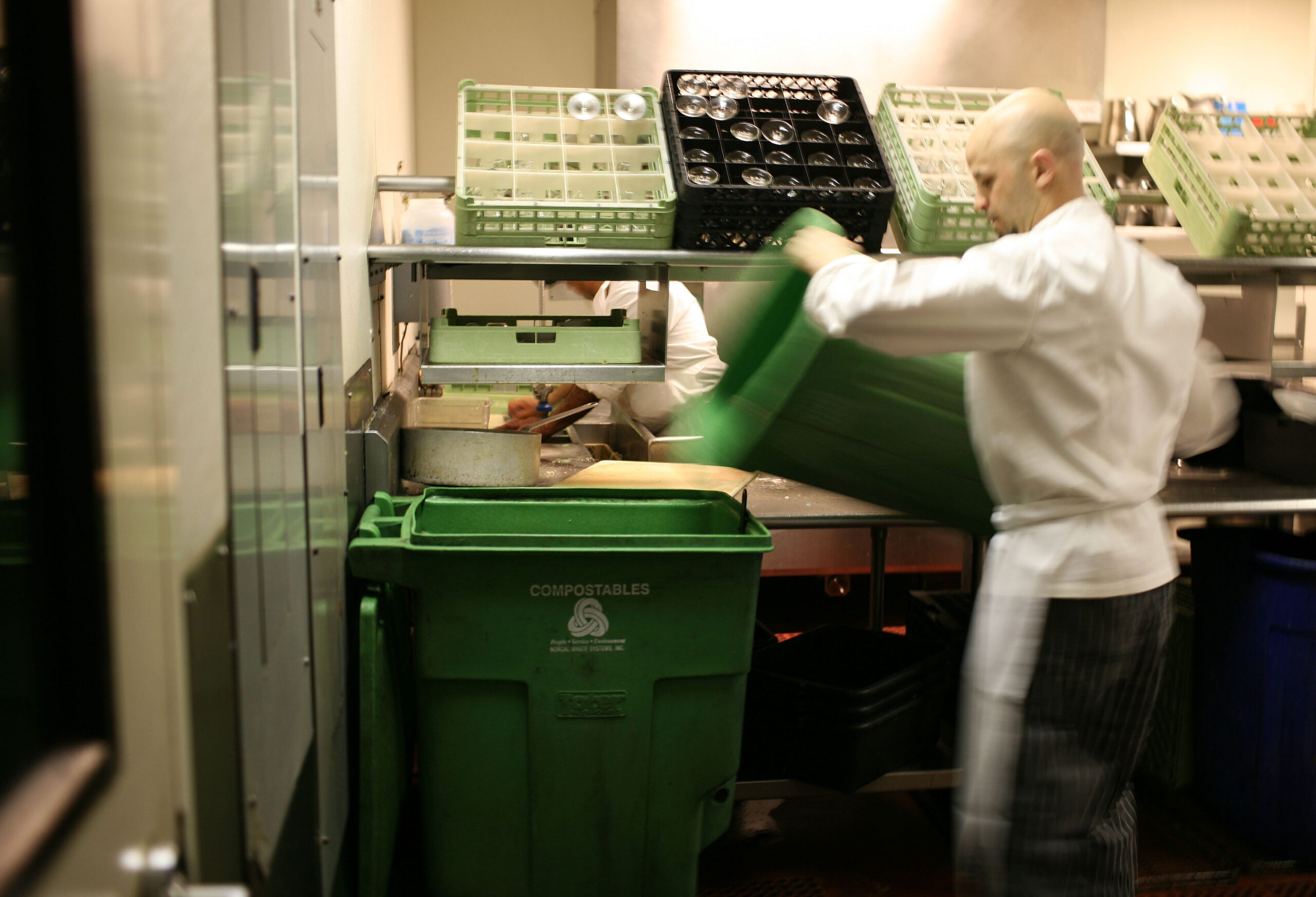Achieving sustainability in the food industry through composting
Fast food spots, restaurants, and other eateries should have mandatory composting.
Restaurants and fast-food spots are known to throw out hundreds of servings of leftover food at the end of the night, ultimately ending up in a landfill. Only a small portion of this food waste is recycled or composted. As food insecurity continues to plague households around the world, it’s essential to reduce food waste by recycling our waste into resources that can benefit the environment.
Although food waste can be reduced in various ways, it is nearly impossible to completely avoid it. So, it is important for restaurants to repurpose food waste. Composting would help reduce the large amounts of food sent to landfills annually.
In Lebanon, Aline Kamakian, owner of the Mayrig Restaurant, has reduced her restaurant’s environmental footprint by composting leftover foods, as well as recycling bottles and plastics. Composting provides plants and soils with new nutrients, while also allowing Kamakian to stay accountable for the food waste her restaurant generates.
Composting, is a process that can be done at home, in small community composting facilities, or larger decomposition facilities. Through composting, organic matter is naturally recycled by decomposers like bacteria, fungi, and worms that turn the waste into plant and soil fertilizer, enriching gardening and general agriculture. This process is known as aerobic decomposition.
The thing is, when food goes into landfills, it cannot undergo aerobic decomposition due to the lack of oxygen present for natural decomposers. Instead, it is forced to undergo anaerobic decomposition, which creates biogases, which are composed of toxic greenhouse gases such as methane and carbon dioxide. The use of composting facilities reduces the occurrence of anaerobic decomposition, in turn, reducing greenhouse gas emissions.
One of the only downfalls of facility-based composting is the expenses from transporting food waste to composting facilities, which may hinder the general financial ability to maintain eco-conscious habits. However, the normalization of composting can lead to new ways to make composting more accessible for all individuals.
Restaurants are often evaluated on their health safety. However, Sustainability is a concept that focuses on maintaining the health and safety of the Earth and all of its citizens. Therefore, restaurants should be mandated to maintain sustainable habits to ensure the health and safety of consumers and the planet. As our planet gradually becomes less habitable and corporations continue to disregard their responsibility to reduce their eco-footprints, it is necessary for all individuals to find ways to help slow the effects of climate change and ensure a livable and greener future.
Staff Writer (Volume 49) — Kuicmar is completing a Forensic Biology specialization and a Creative Writing minor. This is Kuicmar’s first year as a staff writer for The Medium. She usually writes for the Opinions and Arts and Entertainment sections. She can’t wait to share her thoughts, opinions, and poetry. When she’s not studying or writing, you can find her watching movies, shooting arrows in archery, updating her Letterboxd, watching F1 content, reading NASA articles, or listening to music. You can find Kuicmar on her Instagram and Linkedin.

